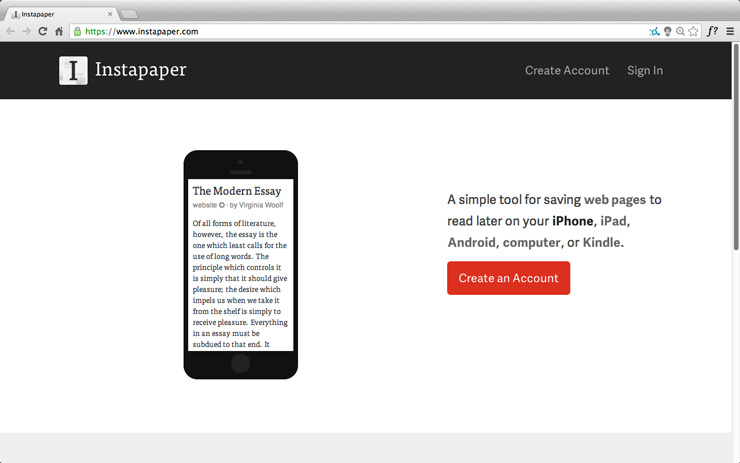
It'd be up to you from there to safely munge the CoreData object hierarchy in a way resembling the official clients, but at least you'd be able to linearize those updates against iCloud messages. Probably the simplest way to do this is to write your own Ubiquity+CoreData client libraries and present yourself as another device that wants to sync against the iCloud account. That's what I really want: the ability to sync Chrome with iCloud even if I currently have no active iCloud-attached devices. Now, the real challenge would be doing this syncing as part of some "syncing service" running on a cloud VM somewhere, that doesn't actually want to run thousands of headless copies of Safari. (And if you can't manage to make it do so, you can write a Safari plug-in presenting a locally-bound HTTP API that the Chrome extension can talk to.) OSA is no COM, but it works just fine for this sort of thing. If you want to manipulate Safari's container, you can prod Safari itself into doing so.

Still, even with the way iCloud works, you don't need to directly prod the data. CalDAV calendar URLs from Calendars.app for iCloud calendars, and these CalDAV resources are writable if you want them to be. Safari bookmark sync, Notes and Reminders, Calendars, etc.) just stayed WebDAV-based with their CoreData databases being purely local+ephemeral, rather than migrating over into using full-on Ubiquity-synced CoreData stores. Ah, this is what had me confused: I was assuming that the parts of "iCloud" that preceded the creation of the Ubiquity sync protocol (e.g.


 0 kommentar(er)
0 kommentar(er)
